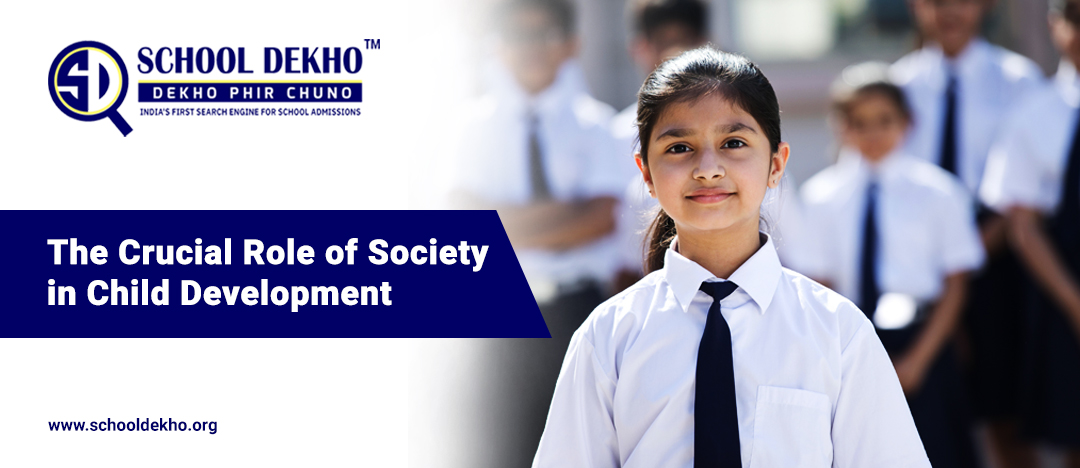
The Crucial Role of Society in Child Development
Child development is influenced not only by parents and immediate caregivers but also by the broader social environment. The collective impact of family, community, educational institutions, and cultural norms shapes a child's growth and well-being.
This blog explores the significant role of Indian society in child development, highlighting the various ways in which society contributes to nurturing and shaping the next generation.
Cultural Values and Identity: Indian society plays a vital role in instilling cultural values, traditions, and identity in children. Through storytelling, festivals, religious practices, and social customs, children learn about their rich heritage, cultural norms, and moral values. This sense of cultural belonging provides a foundation for their personal and social development.
Family and Community Support: Indian society places a strong emphasis on the collective well-being of children. Extended family members, neighbors, and close-knit communities often provide support, guidance, and care for children. The involvement of multiple caregivers enhances a child's sense of security, belonging, and overall development.
Education and Knowledge Sharing: Indian society values education as a pathway to success and personal growth. Schools and educational institutions play a significant role in a child's development by imparting knowledge, skills, and values. Through formal education, children gain intellectual abilities, critical thinking skills, and exposure to diverse perspectives, preparing them for future endeavors.
Socialization and Peer Interaction: The social environment of Indian society offers children ample opportunities for socialization and peer interaction. Friendships and social connections outside the immediate family provide a platform for children to develop social skills, empathy, cooperation, and a sense of belonging within their peer group.
Gender Socialization: Indian society plays a critical role in shaping gender roles and expectations. Children learn gender norms, behaviors, and societal expectations from an early age. Encouraging a more inclusive and egalitarian approach to gender in society can positively influence a child's development by fostering respect, equality, and empathy.
Civic and Community Engagement: Indian society encourages children to participate in civic activities and community service. Through volunteering, children develop a sense of social responsibility, empathy, and a desire to contribute to the betterment of society. Engaging in community-oriented initiatives helps children understand the importance of collective action and the power of making a positive impact.
Protection and Safety: Indian society has a collective responsibility to ensure the safety and protection of children. By advocating for child rights, enforcing child protection laws, and creating safe spaces, society can create an environment conducive to healthy development. The provision of child-friendly infrastructure, safe transportation, and awareness campaigns promotes the well-being and security of children.
Mental and Emotional Well-being: Indian society is increasingly recognizing the importance of mental and emotional well-being in child development. By reducing stigmatization, promoting awareness, and providing support systems, society can contribute to the psychological well-being of children. Encouraging open dialogues, and emotional expression, and providing access to mental health services are crucial steps towards nurturing resilient and emotionally healthy children.
Conclusion:
Society plays a multifaceted role in child development, encompassing cultural, educational, social, and emotional dimensions. By fostering a supportive and inclusive environment, society can positively influence the growth, well-being, and potential of each child. It is through collective efforts, awareness, and a shared commitment to the welfare of children that Indian society can provide a nurturing and empowering ecosystem for the holistic development of the next generation.
Contact with Us
Call: 1800 - 2588 - 074
Mail: info@schooldekho.org
Student’s Best Education Portal | School Dekho | India's First School Search Engine | Best Schools Near Me | Find Schools Near me | Dekho Phir Chuno
#dekhophirchuno







Leave your thought here
Your email address will not be published. Required fields are marked *